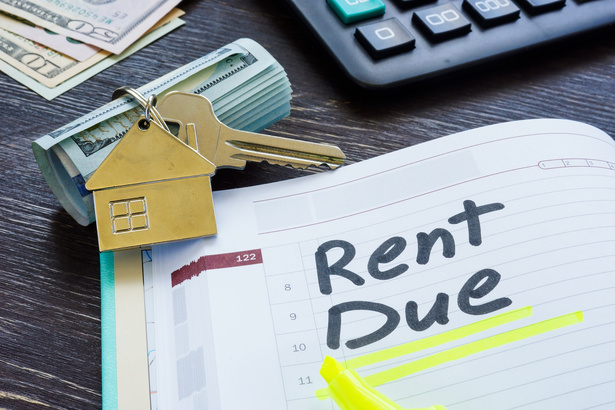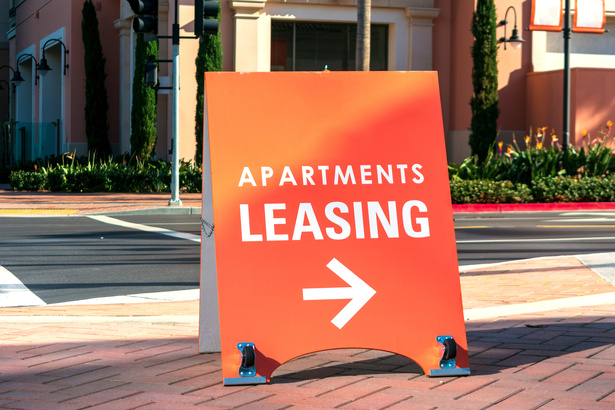The rental market isn't the greatest right now, and increases are taking place across the country. Inflation is also a reality for most Americans who struggle to pay for things like gas, groceries, etc. It's time for you to renew your lease agreement, and you're concerned that the rent increase will be too much for you to handle. Is there anything you can do about it or do you have to take things laying down? We've found that with most good landlords, you can actually negotiate. You do, however, have to have a plan. Here are a few guidelines on how to handle matters and get the best deal possible on your renewed lease.
Make Sure You Have a Good Payment History

Even though it's largely a financial arrangement, relationships remain paramount when it comes to lease and rental negotiation. It's important for you to have regular and timely rent payments on the books, as well as a good relationship with positive communication. You might pay your rent on time, but if you've been a bit of a pain as a tenant (noise, mess, complaints from neighbors, too many requests, violations, etc.), then it won't bode well for you come negotiation time. If you've been a good tenant overall, then it places you in a good position to negotiate your rent when it comes time for renewal.
Take the time to send a letter or email a couple of months in advance to see if you can schedule a meeting with time to discuss renewal. Be prepared to talk about your good standing with rent payments, as well as your peaceful relationship with them as a tenant. Tell them that you love living there are would like to continue to rent. They love good tenants and don't want to replace you with a potentially bad one. This places you in an ideal position to negotiate.
Understand the Rental Market

Before you start negotiating for a lower rent price (or for the rate to stay flat with no increases), you need to understand the market. Just saying you can't afford a rent increase isn't enough because landlords follow the market. The rental market can change from year to year, and you need to understand supply and demand, as well as the overall rental market. If your rent has remained flat for a couple of years, your position won't be as strong. Also, if similar apartments in the same area with similar amenities are going for significantly higher, you should expect an increase. You might be able to lower the amount of the increase in cases like this.
If you live in a large rental building that's not privately owned, your negotiating abilities will be decreased. In cases like this, renewal offers are often non-negotiable. But you may still have leverage in cases where the landlord is openminded and has room to make decisions.
Stay Calm and Be Polite

In all cases where you want to negotiate rent, it's imperative that you remain level-headed and don't overreact. If you're emotional (crying or getting mad), you can almost be guaranteed that things will not go well for you. The key is to respond politely and calmly, regardless of the news. Think about how much it will cost you to move, as well as the time involved in finding a new place. Again, don't wait until the last minute before you start the conversation. If you plan on going the week of the renewal, it could be too late for the landlord to offer you better terms.
You can also go month-to-month if your landlord can't commit to a full year with the flat rent or lower increase. This means your lease will change, but at least you will have more time to look for a new place. In cases like this, continue to pay your rent on time and remain on good terms in case he or she changes his mind about renewing your lease for the full year (or more) at the same rate or with a smaller increase.

